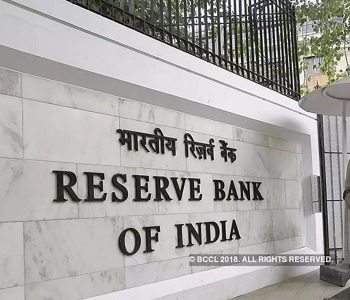Energy ministry streamlines procedures for $500 million solar energy projects

KATHMANDU: The Ministry of Energy has introduced procedural amendments to expedite the implementation of solar energy projects worth nearly $500 million , totaling 960 megawatts (MW) . The changes aim to simplify processes and facilitate private sector participation by shifting the responsibility of issuing recommendations on irrigable land to local governments, instead of the Department of Irrigation or provincial authorities.
Under the revised guidelines, developers can now obtain necessary approvals directly from local governments, eliminating delays caused by bureaucratic hurdles. This marks a significant step forward for the stalled solar energy initiatives, which had faced procedural bottlenecks under the previous framework requiring consent from the Department of Irrigation or provincial bodies.
Nabin Raj Singh, Director General of the Department of Electricity Development, stated that the amendments were made to encourage private sector investments and streamline project approvals. “Local governments are better equipped to assess land conditions since they operate at the grassroots level,” Singh explained. “This change will ease the process for developers.”
Solar energy developers have welcomed the procedural overhaul. “The new system is more efficient. Local governments understand the benefits of these projects for their regions and can provide quicker recommendations,” said Uttam Bholan, a solar energy developer. Developers will now submit recommendations from local governments to the Department of Electricity Development to proceed with obtaining Power Purchase Agreements (PPAs).
In Kartik, the Nepal Electricity Authority (NEA) shortlisted 63 companies for the 960 MW solar projects aimed at addressing energy balance issues. However, progress was hindered as developers followed the outdated procedure, seeking approvals from the Department of Irrigation. According to sources, the irrigation department did not issue ‘No Objection Certificates’ (NOCs), citing conflicts with the Irrigation Master Plan 2019 and grid-connected energy development guidelines.
The delays prompted public scrutiny, leading Energy Minister Deepak Khadka to intervene. He summoned officials from the Department of Irrigation and the Department of Electricity Development to resolve the impasse. Following his directive, the ministry swiftly amended the procedures to create a more developer-friendly framework.
“A meeting was held with ministry officials and representatives from relevant departments after the issue gained attention,” a ministry official stated. “To avoid criticism and ensure progress, the ministry prioritized procedural revisions.”
Sources indicate tensions arose when Kulman Ghising, Managing Director of the NEA, reportedly bypassed consultations while shortlisting companies, drawing criticism from senior ministry officials. The matter was escalated to Minister Khadka, who directed officials to resolve the issue promptly.
While some officials delayed issuing NOCs to pressure Ghising, the refusal to proceed with PPAs unless payments were made forced the ministry to act under mounting pressure from the private sector and public scrutiny. The procedural amendments aim to address these challenges and ensure smoother implementation of solar energy projects moving forward.
Key Points:
$500 million investment in 960 MW solar energy projects streamlined.
Local governments now responsible for issuing irrigable land recommendations.
Procedural delays caused by Department of Irrigation resolved.
NEA shortlisted 63 companies in Kartik, but progress stalled due to NOC issues.
Energy Minister Deepak Khadka intervened to resolve procedural bottlenecks.














Facebook Comment